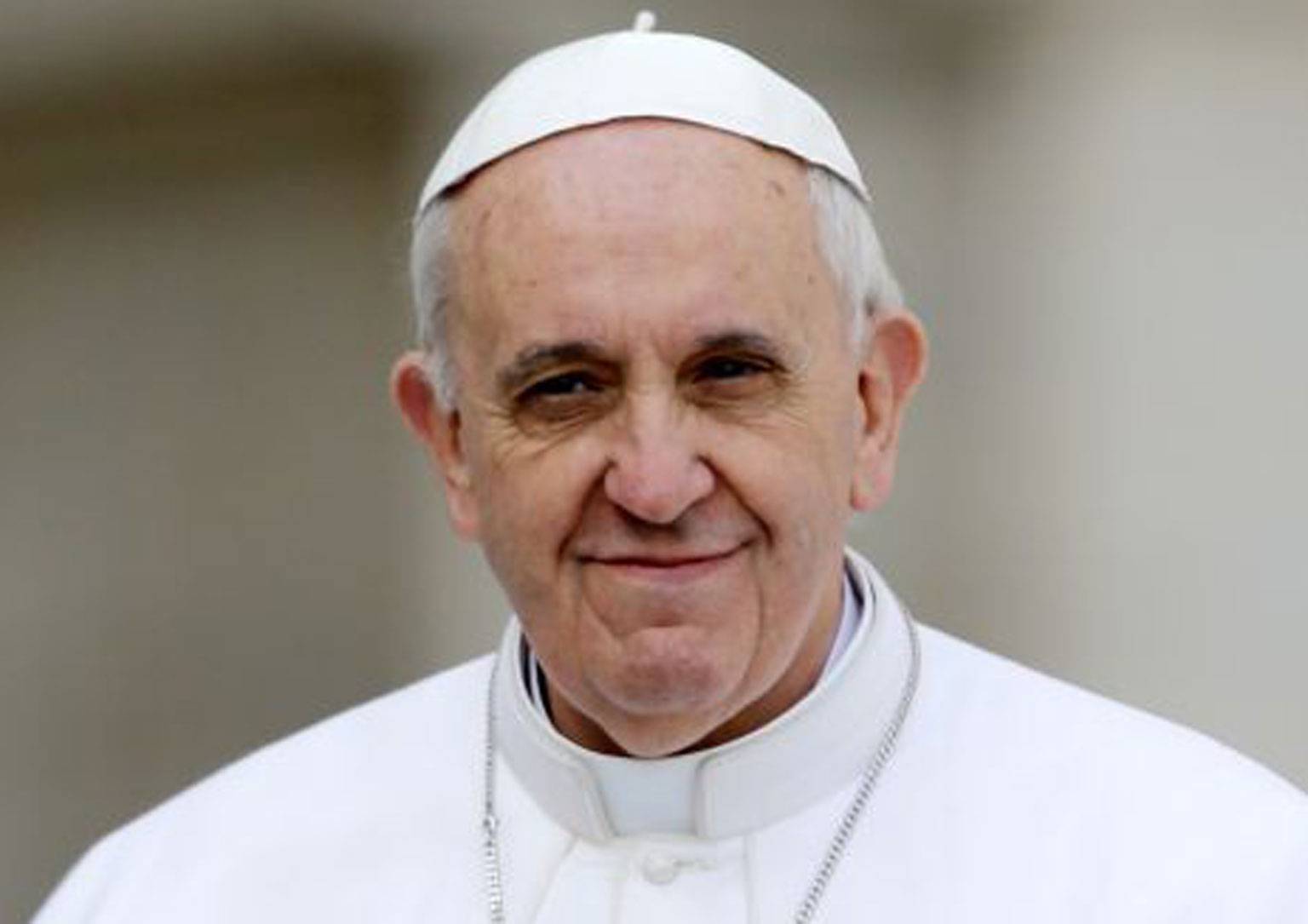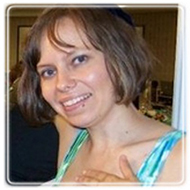 The Papal visit to North America in late September is expected to bring with it a wave of not only spiritual change but social change as well. More than any other pope in history, Pope Francis has proved to be concerned with the way in which his power is able to affect the lives of people across a broad swathe of society. This leader, who has cast himself as more than a spiritual guide and more than a political figurehead, is poised to offer a challenge to millions to change the way that they think about social justice, the way that they think about others, and even the way that they see themselves within their own world.
The Papal visit to North America in late September is expected to bring with it a wave of not only spiritual change but social change as well. More than any other pope in history, Pope Francis has proved to be concerned with the way in which his power is able to affect the lives of people across a broad swathe of society. This leader, who has cast himself as more than a spiritual guide and more than a political figurehead, is poised to offer a challenge to millions to change the way that they think about social justice, the way that they think about others, and even the way that they see themselves within their own world.
With visits to Cuba, Washington D.C., Pennsylvania and New York, Pope Francis is poised to meet with Raoul Castro, then President Obama at the White House, to canonize a new saint (Junipero Serra), to speak to volunteers in New York, to visit the UN, to hold a muti-religious ceremony at the 9/11 memorial and to greet tens of thousands of families in Philadelphia. His visit will touch millions personally, with throngs waiting to see him and cameras watching constantly through his visit, broadcasting him to hundreds of millions around the world. It is a seismic event to say the least. Pope Francis is a man focused on personal autonomy and the method in which individuals are able to shape their world for good, though this message isn’t communicated solely through his sermons or his lectures. Put eloquently by David Brooks of NPR - “The message is the person - the kind of person he is in the way he conducts himself, . . . the people he's visiting. He is displaying a devotion to God, a devotion to the least among us, a sort of soul on fire that will inspire millions of people - Muslim, atheists, Jews - it's going to be a huge cultural event.”
Cultural Theories of Human Development
New theories of developmental psychology that have been put forth in the last ten years by psychologists like Patricia Greenfield (2009) are offering a refreshed understanding of how social change is impacted and in fact driven by developmental psychology. In many ways the papacy of Francis is a fruition of the developmental change that has been rising through a global developmental shift. Greenfield’s assertion that changing sociodemographic realities shape learning environments and cultural values, leading to shift in developmental pathways, is completely in line with this pope’s visible push for social justice.
Through the adaptive process, abstract cognition and independent social behavior are enhanced, leading to a culture that is more focused on individual autonomy and direction. That value on the individual rather than on the group, that impetus to lift up the lives of each person within a social group, is precisely the message that is meted out in Pope Francis’ message. Greenfield (2009) reviewed a host of empirical data to uncover these adaptive shifts. Perhaps the point most applicable from Greenfield’s work is the realization that these shifts are occurring in both the developing world and in the developed world. In his North American visit, Pope Francis is expected to pressure a connection between the two, with his visit beginning in Cuba, a developing country, then moving through the developing world as represented by the United States. He will focus on the plight of immigrants and the poor through his visits to charity organizations and his canonization of an immigrant saint. Pope Francis’ repeated calls for the value of individual life, liberty and fulfillment are no doubt filtered through the lens of his faith, but reach much further to individuals across the religious spectrum and can be viewed accurately as calls to a deeper and more meaningful action based on Greenfield’s assertions about the trajectory of human development.
The potential for autonomy is something that is very much determined by the culture in which an individual is surrounded, both during development and later in adulthood (Helwig, 2006). Opportunity is a recurring theme in the message of Pope Francis, who focuses on opportunity not only across cultures that are separated by geography, but who also recognizes the different cultures that can occur within a single country, causing individuals to have a varied amount of opportunities though they might live quite close to one another. These varied levels of opportunity are evident in the Pope’s visit to a correctional facility in Philadelphia, where 80% of the inmates being held have not yet been put on trial, something that many point to as being a symptom of socioeconomic and racial disparity (Yuhas, 2015).
Developmental psychology offers the opportunity not only to analyze and understand current social shifts but also to extend that understanding to the future (Cheifetz, 2011). This potential to predict seismic social changes is something that is completely new in the world of social understanding, and offers researchers and activists the potential to move forward with a knowledge that was previously impossible, effectively enhancing human development. Though perhaps the need for an in depth analysis is unnecessary - one might only need to turn towards this “people’s pope” in order to gauge the direction in which global society is moving when it comes to social change and social justice.
References
Cheifetz, P. (2011). Developmental psychology and social change: Research, history and policy. Journal of the Canadian Academy of Child and Adolescent Psychiatry, 20(2), 153-154.
Greenfield, P. M. (2009). Linking social change and developmental change: shifting pathways of human development. Developmental psychology, 45(2), 401.
Helwig, C. C. (2006). The development of personal autonomy throughout cultures. Cognitive Development, 21(4), 458-473. doi:http://dx.doi.org/10.1016/j.cogdev.2006.06.009
Rushton, C. (2015). Where is Pope Francis? A schedule of his U.S. visit. USA Today. Retrieved from http://www.usatoday.com/story/news/nation/2015/09/15/pope-visit-washington-new-york-philadelphia-united-states/72073294/
Siegel, R. (2015). Week In Politics: Papal Visit, 2nd GOP Debate. National Public Radio. Retrieved from http://www.npr.org/2015/09/18/441530705/week-in-politics-papal-visit-2nd-gop-debate
Yuhas, A. (2015). Pope Francis’s Philadelphia prison visit highlights crisis in US justice system. The Guardian. Retrieved from http://www.theguardian.com/us-news/2015/sep/21/pope-francis-philadelphia-prison-bail-system
About the Author

Autumn Robinson, MA, PhD Candidate
Autumn Robinson is a writer and PhD candidate who lives in the beautiful Blue Ridge Mountains of North Carolina with her husband, three young boys and daughter with special needs. She is a former special education teacher who believes that all people deserve to be treated with dignity and respect. Autumn is the Digital Manager for Vestidd, an innovative cloud based program that helps families with special needs to organize and manage their often complex responsibilities.